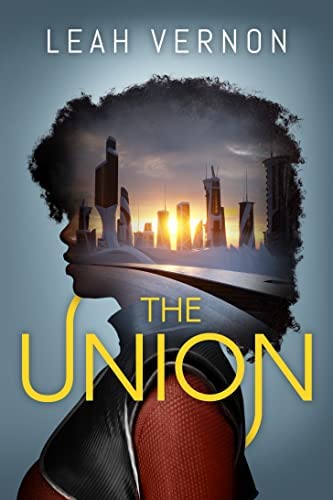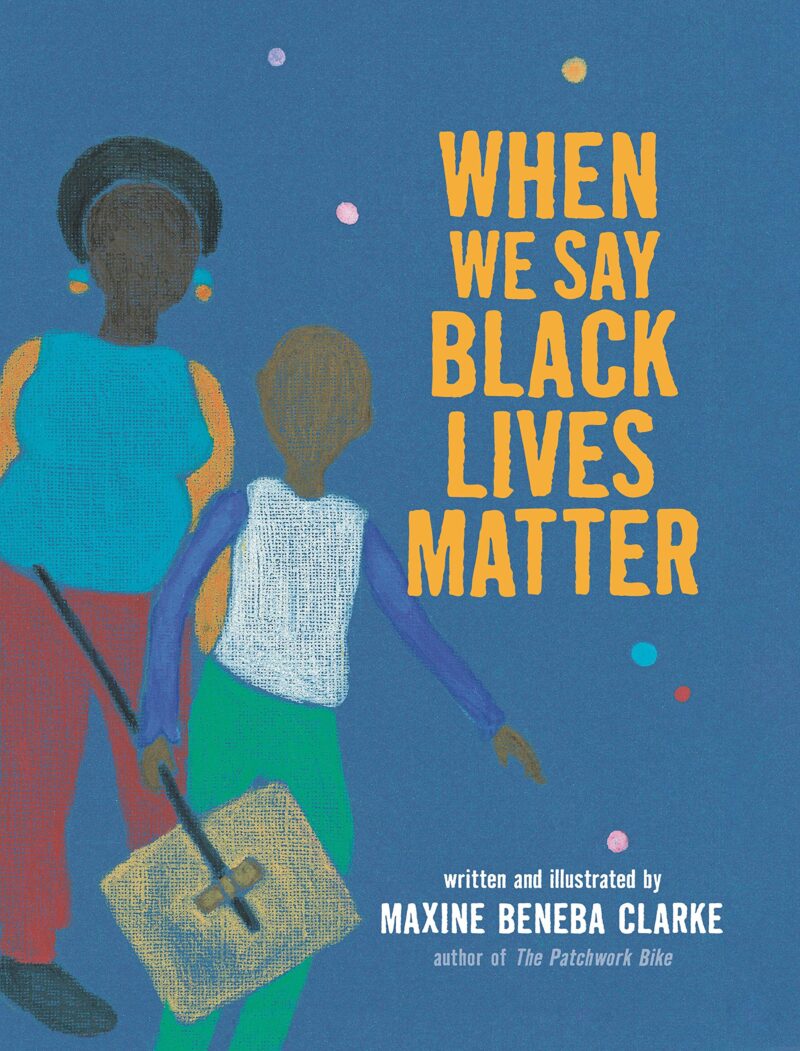 Cassica and Shiara are two of the best racers in Coppermouth, but without a manager, they’ll never make it to the big leagues to win money, prizes, and fame. When a man shows up at their door claiming he can get them into the biggest race of the year, the Widowmaker, it seems almost too good to be true. Before the girls know it, they are catapulted into a realm of interviews, parties, and races where dying is a real possibility. Cassica will do anything it takes to win, but Shiara isn’t so sure she’s ready to leave Coppermouth behind – their fight to the Widowmaker’s finish line will threaten both their lives and their friendship.
Cassica and Shiara are two of the best racers in Coppermouth, but without a manager, they’ll never make it to the big leagues to win money, prizes, and fame. When a man shows up at their door claiming he can get them into the biggest race of the year, the Widowmaker, it seems almost too good to be true. Before the girls know it, they are catapulted into a realm of interviews, parties, and races where dying is a real possibility. Cassica will do anything it takes to win, but Shiara isn’t so sure she’s ready to leave Coppermouth behind – their fight to the Widowmaker’s finish line will threaten both their lives and their friendship.
This dystopian racing extravaganza is reminiscent of both Mad Max: Fury Road and The Hunger Games. Author Chris Wooding’s thrilling races and desert wastelands conjure the excitement of Mad Max’s best races, and the dangerously engineered tracks Cassica and Shiara must face will immediately bring to mind Katniss’s arena. Still, Velocity doesn’t quite live up to its (admittedly intimidating) precedents.
The future of Wooding’s world is a shallow one, without any real purpose beyond providing a “cool” setting in which Cassica and Shiara race around in monster trucks. Whereas the Capitol in the Hunger Games serves as location for cultural critique and, ultimately, revolution, the Olympus of Velocity (a super-elite space station where celebrities are sent so that the lurid details of their lives can be broadcast to the people below) just kind of stands in for a goal that Cassica and Shiara will each have to accept or reject before the end of the story.
What’s more, while the heroines of Mad Max are racing around in the desert to smash the patriarchy, Velocity has no such aims. Though Wooding features two teenage girls as his protagonists, they’re still very much living in a man’s world and don’t generally seem too bothered by it. The book barely bats an eye at the fact that they are two of only a few women in the racing field, and Shiara is mildly irritated but not angered that her father’s auto repair business will be left to her brother just because he’s a boy. Even in this impossibly distant future where modern life as we know it has ceased to function, people still won’t respect a business owned by a woman. For all of his imaginative ability, Wooding still can’t manage to think his way out of the patriarchy.
Despite these flaws, Velocity isn’t bad if you’re looking for a casual read. The race scenes can be quite exciting, and there are even a couple of jokes thrown in here and there. It’s not that I didn’t enjoy this book, exactly – it’s just weird that both of its two most obvious influences are narratives that question our culture’s assumptions about gender. This book, like too many others, prefers to leave the question alone.
A copy of this book was provided by the publisher for review.




